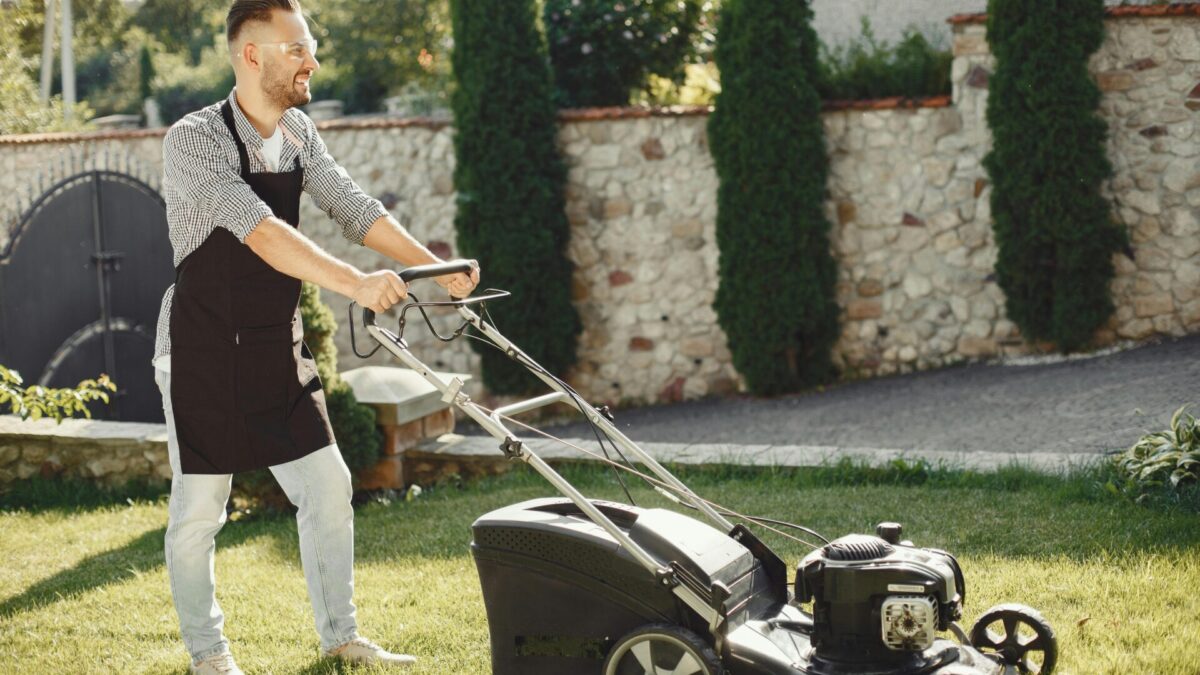Buying your first home is exciting—but it also comes with a new kind of responsibility. When something breaks, leaks, or squeaks, there’s no landlord to call. The good news is that with a small investment in the right tools, you can handle most small fixes yourself. You don’t need a full workshop to maintain your home—just a few essentials that help you tackle everyday repairs with confidence. Here’s your starter toolkit for becoming your own handyman (or handywoman).
The Absolute Basics
Start with the foundation: tools that handle 90% of quick fixes. You’ll use these all the time, so go for decent quality rather than the cheapest option.
- Claw hammer: Perfect for hanging art, assembling furniture, or fixing loose nails. Choose one that’s lightweight but sturdy, with a comfortable grip.
- Screwdriver set: Get both Phillips-head and flat-head screwdrivers in multiple sizes. Bonus points if you buy a multi-bit screwdriver—it saves space and handles any job.
- Adjustable wrench: Great for tightening bolts, nuts, or plumbing fixtures. It’s one of those tools you don’t realize you need until you really need it.
- Pliers: A pair of slip-joint pliers or needle-nose pliers will help you grip, bend, or pull just about anything.
- Tape measure: You’ll use it constantly—for furniture spacing, window treatments, or small DIY projects. Go for one that locks and retracts smoothly.
These are your go-to tools for most quick jobs. Keep them together in a toolbox or caddy so you’re not searching every drawer when something needs fixing.
Tools That Save You Time and Headaches
Once you have the basics, a few extras can make life easier and projects go smoother.
- Cordless drill: The ultimate homeowner upgrade. It makes hanging shelves, assembling furniture, and small repairs ten times faster. Keep a set of drill bits for wood, metal, and masonry.
- Level: Essential for making sure your shelves, pictures, and wall décor don’t hang crooked. A simple bubble level or laser version works great.
- Stud finder: When hanging heavy items like mirrors or TVs, this little gadget helps you find the wall studs for secure mounting.
- Utility knife: Perfect for opening boxes, trimming carpet, or cutting caulk. Always keep spare blades handy for safety and precision.
- Allen wrench set: You’ll need these for furniture assembly and small home items, especially those with hex screws.
These tools don’t take up much space but make you capable of handling just about any minor repair or improvement.
For Home Maintenance and Emergencies
Every homeowner should also have a few tools ready for unexpected repairs.
- Plunger: Don’t wait for a clogged toilet to wish you had one—keep one in every bathroom if possible.
- Flashlight or headlamp: Power outages happen. A reliable, rechargeable flashlight will save you in the dark (literally).
- Duct tape and electrical tape: Great for quick temporary fixes on cords, hoses, or seals.
- Extension cords: Opt for heavy-duty, grounded ones that can handle power tools or outdoor use.
- Step ladder: A sturdy, foldable ladder gives you safe access to high shelves, light fixtures, and gutters.
For small plumbing emergencies, it’s also smart to have plumber’s tape and a bucket handy. Those two items alone can prevent leaks from turning into disasters while you troubleshoot or wait for help.
Keeping It Organized
A messy toolbox can turn a five-minute job into a frustrating hunt for the right part. Invest in a small, portable toolbox or pegboard for storage. Label drawers or compartments if you have multiple sets of screws, nails, and bolts. You can also create a “home repair kit” basket with essentials like extra light bulbs, batteries, command hooks, and touch-up paint.
Owning a home means learning to take care of it—and a few essential tools can make you feel empowered instead of overwhelmed. You don’t need to be a professional contractor to fix leaky faucets, hang shelves, or tighten wobbly doorknobs.
Start small, buy tools as you go, and focus on quality basics that will last for years. With a well-stocked toolbox and a bit of confidence, you’ll save money, learn valuable skills, and keep your new home running smoothly. The satisfaction of fixing something yourself? That’s just a bonus.
Unlock Full Article
Watch a quick video to get instant access.


Social Media